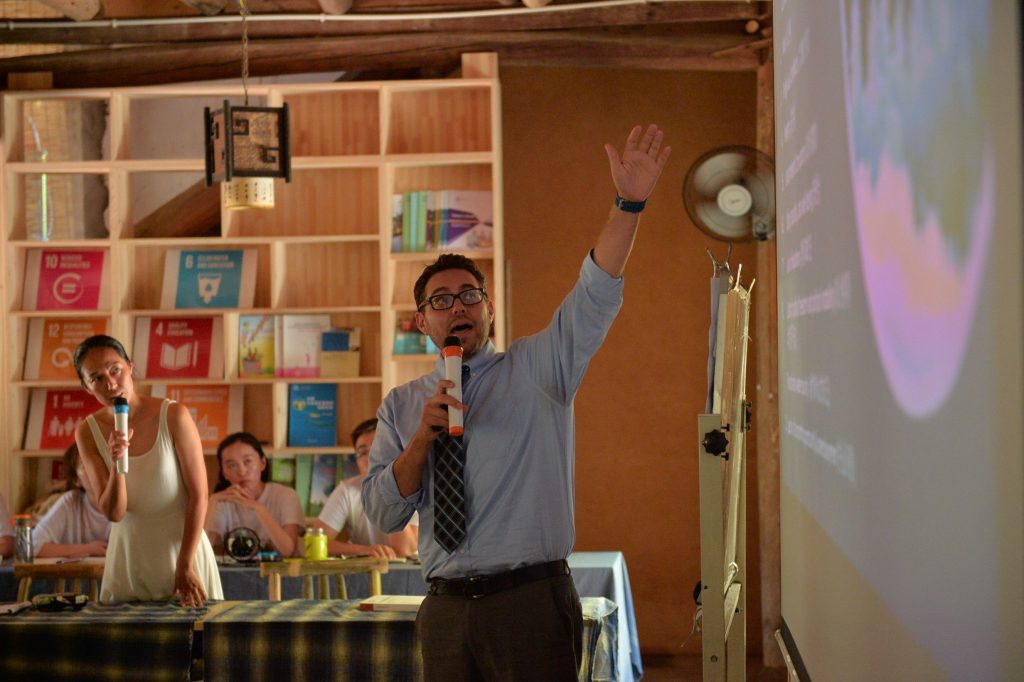Dr. Schwartz is Associate Professor of Process Studies and Comparative Philosophy at Claremont School of Theology, and also teaches courses through the Center for Process Studies. For those interested in studying with Dr. Schwartz, or anyone interested in the Process Studies programs at Claremont School of Theology, feel free to contact him.
Constructive Philosophy & Critical Thinking (Summer 2025)
This course introduces students to fundamental philosophical questions and the tools of critical thinking. Designed for non-philosophy majors, it explores key topics such as the nature of reality, knowledge, ethics, and the self, while also equipping students with logical reasoning skills to analyze arguments and construct their own ideas. Through engaging discussions, thought experiments, and real-world applications, students will develop the ability to think critically, evaluate different perspectives, and articulate well-reasoned positions on complex issues.
Indian Philosophies in Process: Hinduism, Jainism, and Buddhism (Spring 2025)
The Indian subcontinent is home to some of the most elaborate and important philosophical traditions in the world. This course will survey the major systems of philosophy that have developed in India, from antiquity to the present (including Vedic philosophies, Jainism, Buddhism, and interactions amongst all of these schools); placing them in conversation with the core ideas of process philosophy. Themes covered will include: the fundamental nature of reality, theories of knowledge, ideas of the good life, and more.
Models of God & Ultimate Realities (Spring 2025)
This course offers an in-depth examination of various conceptions of God and ultimate realities across religious and philosophical traditions. From classical theism, pantheism, panentheism, monism, and more, students will engage in a comparative analysis of key questions about the nature of existence, the role of the divine in the cosmos, and what it means for human beings to relate to the ultimate.
